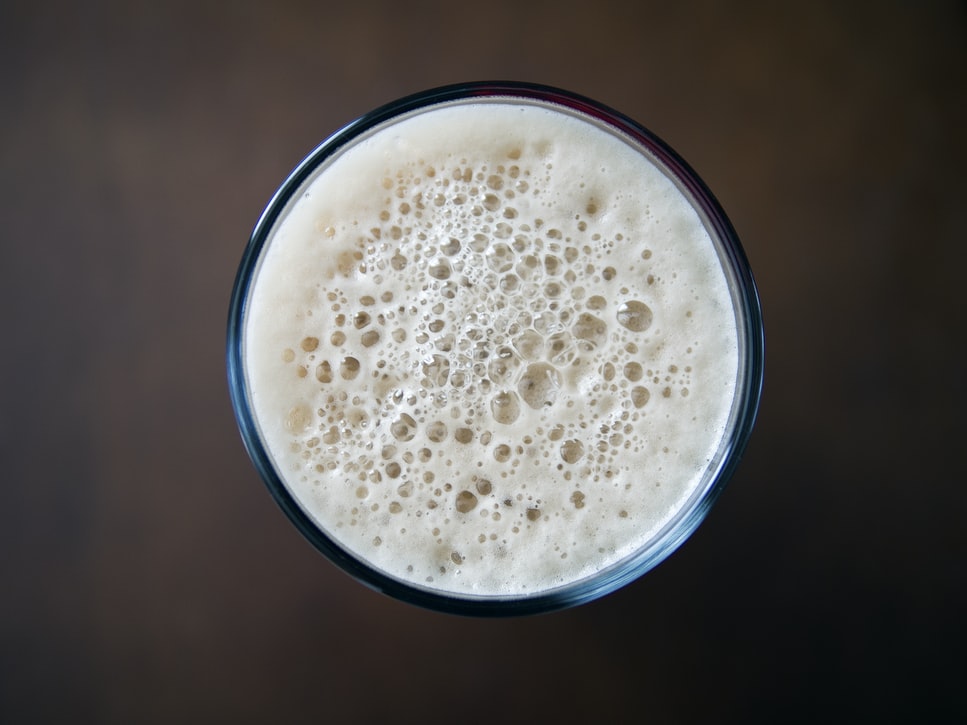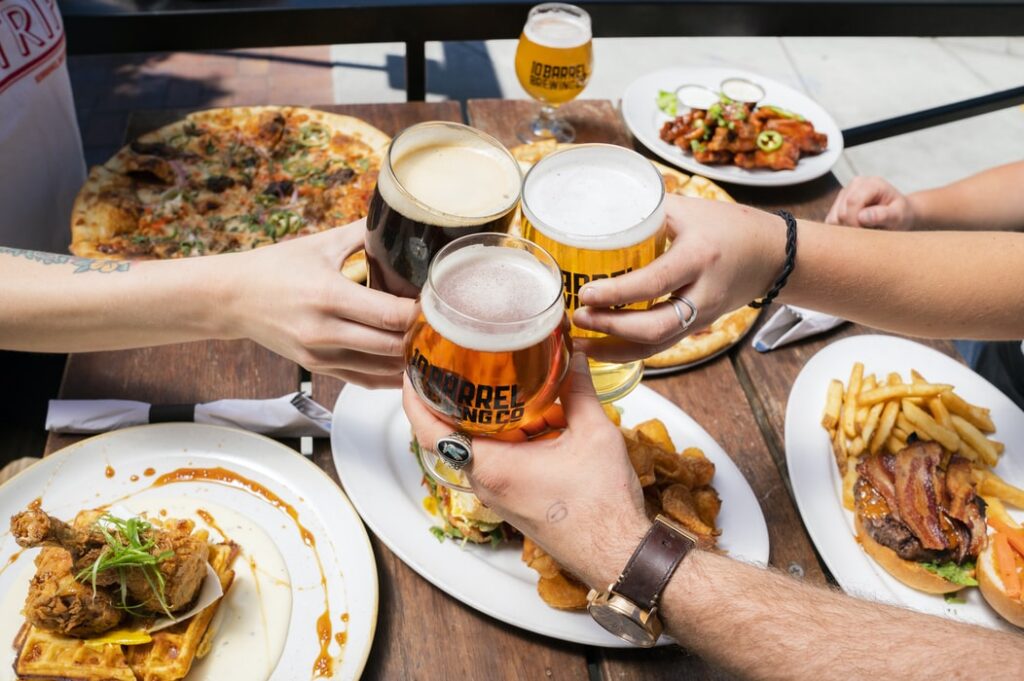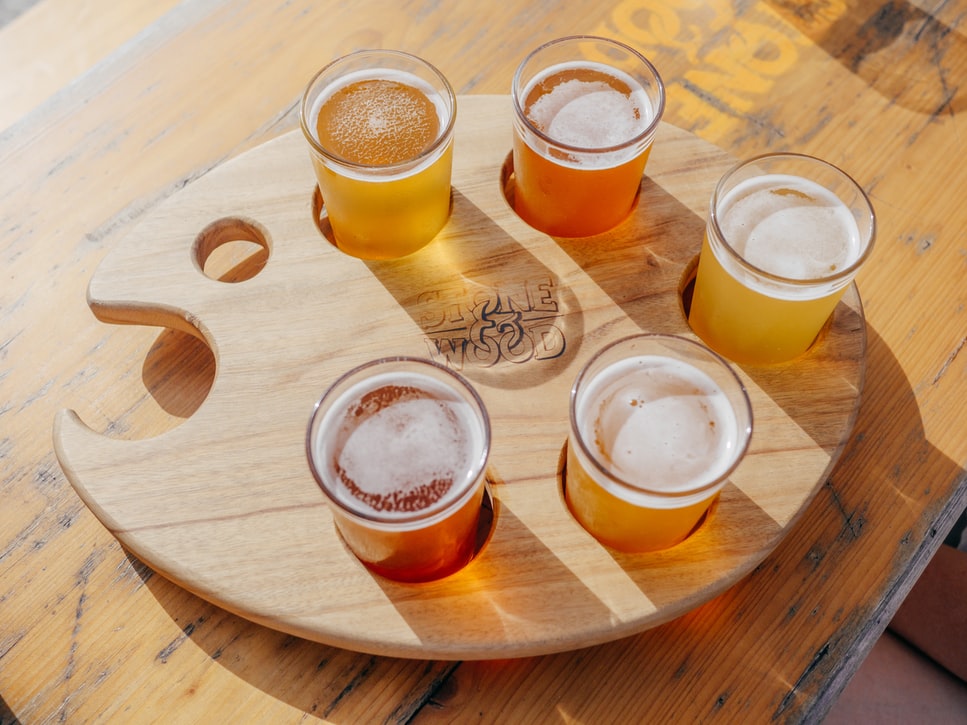Let’s admit it, we drink beer because we can or because we have to, most especially after a grueling day or when we are in a celebratory mood. We don’t really drink beer with so much consciousness on whether it brings us good or bad or whatever it is in between.
From the moment we poured the cold and frosty beer into the tall glass and watched how the tiny bubbles–which are somewhere between 200,000 and 2 million bubbles if poured into a 500-milliliter glass–were released and rose to the surface, creating the foamy head, then drank it with so much gusto, we knew at hand that this magical journey of beer drinking is something personal. Well, until someone caught attention of our bulging belly and recommended us to see a doctor or a dietician at once.
What does having a beer every night do to your body?
Elizabeth Huggins, a registered Dietitian Nutritionist (RDN) at Hilton Head Health, said that calories in beer can range from as low as 60 to as high as 240 calories per 12 ounces.
The intake of this high caloric drink can lead to weight gain especially if you pair it with a snack. Thus, we also need a beer guide as we chose our beer through its different flavors and strengths.
Other studies have indicated that drinking alcoholic can step up your appetite in the short term and cause you to consume more food than you otherwise would.
As the after-effect of beer is lethargy, we tend to slow down or stop doing other things for a while and stay in bed for extra hours like in this time of the pandemic, depriving us of some movements that are crucial to our physical fitness. This will eventually lead us to be out of shape.
Beer and Belly Fat
The visceral fat, or the fat stored around our belly, is a dangerous kind of fat for our health.
As metabolically active, this visceral fat interferes with the hormones of our body and alters its functions.
Studies have shown that people with large amount of belly fat are more prone to health problems.
Some researchers have also linked that a high intake of alcoholic drinks like beer can lead to a higher risk of gaining more belly fat.
According to one study, men who drank more than three drinks per day were 80 percent more likely to gain more belly fat compared to those who didn’t drink as much.
Interplay of alcohol and obesity
Beer comes in different alcohol content. It is usually between 4 to 6 percent. It can also range from 0.5 percent (weak) to 40 percent (exceptionally strong).
In February 2013, a research from the Centre for Alcohol Policy Research, found that there were four conclusions that resulted from “a systematic review of the interplay of alcohol and obesity”.
This after the FARE and the Australian National Preventative Health Agency (ANPHA) had requested for a review on the study about the connection of the energy intake from alcohol and how this might add to the issues on overweight and obesity in Australia.
ANPHA looked at alcohol as an energy dense/nutrient poor “food”, one of their targets in their national obesity-prevention and healthy lifestyle campaign.
The outcomes include:
- It is unclear whether alcohol consumption is a risk factor for weight gain because studies performed to date have found positive, negative, or no associations.
- Where there is a positive association between alcohol and body weight it is more likely to be found in men than in women.
- The present data provide inadequate scientific evidence to assess whether beer intake is associated with general or abdominal obesity.
- When considering beer, where there is a positive association it is more likely to be for abdominal adiposity than for general obesity for men and women.
However, the research also brought into attention the relationship between alcohol intake and indicators of excess body weight, citing that “co-occurrence of obesity and excessive drinking may place adults at an increased risk for liver disease, a higher risk of colorectal cancer, or a higher risk of hepatocellular cancer.”
Furthermore, the study cited that “the lack of a connection between high levels of alcohol consumption and obesity means that separate public health policies are each needed.”
“It follows that, rather than as a contribution to policy on obesity, information about the energy content (calories/kJ) on the labels of alcoholic beverages can be justified in terms of consumer rights,” the study reads.
The Bottom Line
As drinking beer can increase our chance of gaining weight, including belly fat, then the best way to avoid this is through moderation and exercise.
We can also avoid being a heavy drinker since this will lead to far more serious health problems which would eventually cut us from enjoying our “beer moments”.
Binge drinking and heavy drinking can lead to heart disease or stroke, digestive problems, liver disease, cancer of the rectum, breast, voice box, throat, mouth, colon, and liver, among others.
Exercise is also an effective method to lose belly fat. High-intensity and cardio exercise bring lots f benefits.
The more bottles of beer we drink, the higher our risk of weight gain is.
As beer is made from cereal grains and yeast, it is also a good source of niacin, pantothenic acid, folate, riboflavin, and vitamins B6 and B12.
In the end, drinking beer can only be good when done in moderation. A glass of beer per day brings enough variety of vitamins and minerals to help maintain your body shape.



